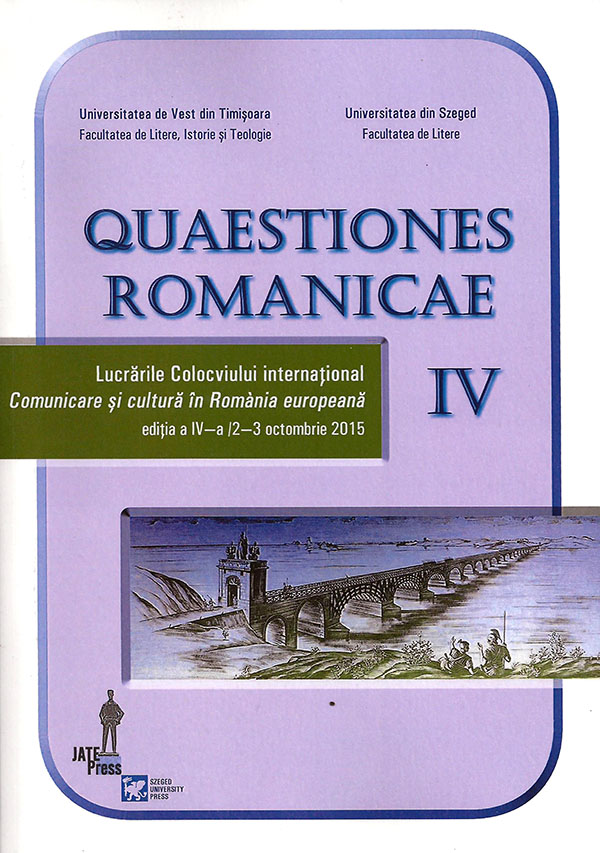Usos de la intertextualidad en Retirada, de Carmen Martín Gaite: lenguaje militar, lemas falangistas y jerga infantil
Abstract: (The Use for Intertextuality in Retiradas by Carmen Martín Gaite: Military Language, Falangist Slogans and Children Jargon). While studies about the work of this author usually deal with her favourite themes and the historical background, with mentalities and customs which are the fertile humus that fuels her prose, less attention is paid to the way she uses language to give literary shape to the characters' experiences, to link facts and describe their background, and to communicate certain emotions to the reader. Our paper deals with this formal aspect which, in the case of Martín Gaite and, particularly, in a story with a title so significant for her literary ideology, acquires a complexity that delineates the psychology of the protagonist and carries the message. Thus, in an interior monologue full of military terms - that during the Spanish post-war period, are focussed on Franco's Victory - and slogans of the early Falangist movement whose enthusiasm now appears as false as it is cynical, the existence of a housewife and mother who struggles to overcome her discouragement appears, by contrast, even more desolate and desperate. All the more so as another contrast, like a twofold irony, is added through word plays that her daughters, with the freedom of their young careless age, utter while engaging in the magic game of words that create their sui generis reality.
Keywords: Spanish prose, post-war period, Martin Gaite, story, intertextuality.
Resumen: Si los estudios sobre la obra de esta autora suelen ocuparse de sus temas favoritos y del fondo histórico, de las mentalidades y de las costumbres que constituyen el humus fecundo que alimenta sus narraciones, menos atención se ofrece al uso que hace de la lengua para dar forma literaria a las vivencias de los personajes, para engarzar los hechos, describir los ambientes, comunicar determinadas emociones al lector. Nuestro trabajo trata de este aspecto formal que cobra en los escritos de Martín Gaite y, más concretamente, en un relato de título tan significativo para su ideología, una complejidad que dibuja la psicología de la protagonista y es portadora del mensaje. Así, en un monólogo interior plagado de términos militares - que en la posguerra española giran alrededor de la Victoria franquista - y lemas falangistas de primera hora cuyo entusiasmo resulta ahora tan falso como cínico, la existencia de un ama de casa y madre que se esfuerza por vencer el desánimo aparece, por contraste, aun más vacía y desesperanzada. Tanto más que otro contraste, doblemente irónico, se le añade por medio de los trabalenguas que sus hijas, con la libertad propia de su tierna edad que no sabe de responsabilidades, pronuncian al jugar el juego mágico de las palabras que crean su realidad sui generis.
Palabras clave: narrativa española, posguerra, Martín Gaite, relato, intertextualidad.
